#Jacobite.
Explore tagged Tumblr posts
Text
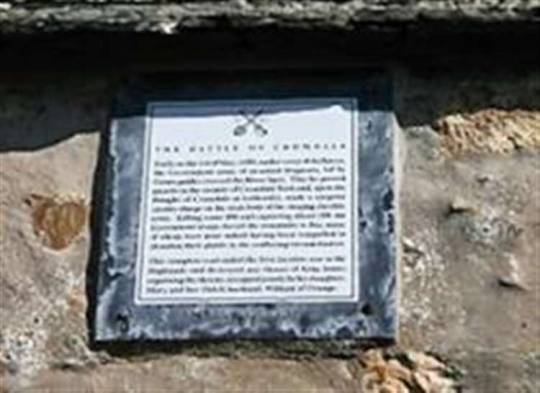

The 1st of May 1690 saw Battle of the Haughs of Cromdale.
Jacobite Clansmen were defeated by Government Forces under Sir Thomas Livingstone. Despite being a relatively minor encounter, this battle marked the effective end of this Jacobite rising.
By this point the Jacobites were led by Sir Ewen Cameron, who supported King James. The Jacobites requested aid from King James who was engaged in resisting a threatened invasion of Ireland. He sent arms, ammunition and provisions but also a few Irish officers including Major-General Thomas Buchan, who James instructed would led the Jacobite forces.
At a meeting at Keppoch of the Jacobite Clans in support of King James agreed to continue with the war but only after the spring. In the meantime Major-General Thomas Buchan and 1,200 infantry would attempt to weaken the British Government forces.
Major-General Thomas Buchan decided to march down through Strathspey in order to try to gain support from clansmen within the Duke of Gordon’s country in Moray. A number of his men deserted reducing his men to 800. A number of his Scottish officers advised him to not advance past Culnakill, however Buchan ordered his men to march down the Spey as far as Cromdale, where he encamped on the last day of April.
British Government forces and Clans in support of them, included a 600 strong contingent from Clan Grant, met the Jacobite forces at Cromdale. They were led by Sir Thomas Livingston who commanded a garrison at Inverness. As the British Government forces approached, the Jacobites made a brief stand, but on realising they were outnumbered they retreated. A mist came down from the hillside, which allowed most to make their escape resulting in 400 casualties.
James Hogg wrote about the battle in his “Jacobite Reliques” it went….
The loyal Stuarts, with Montrose, So boldly set upon their foes, And brought them down with Highland blows Upon the Haughs of Cromdale. Of twenty-thousand Cromwell’s men, a thousand fled to Aberdeen, The rest of them lie on the plain, They’re on the Haughs of Cromdale.
Of twenty-thousand of Cromwell’s men,
a-thousand fled to Aberdeen, The rest of them lie on the plain, They’re on the Haughs of Cromdale.
I’m not sure what Hogg was on when he wrote this as Montrose was long dead, having been hung in Edinburgh in May 1650, Cromwell also died in 1658. That aside it is a cracking song, if historically incorrect. Roy Williamson of the Corries tries to explain this before their rendition
youtube
6 notes
·
View notes
Text
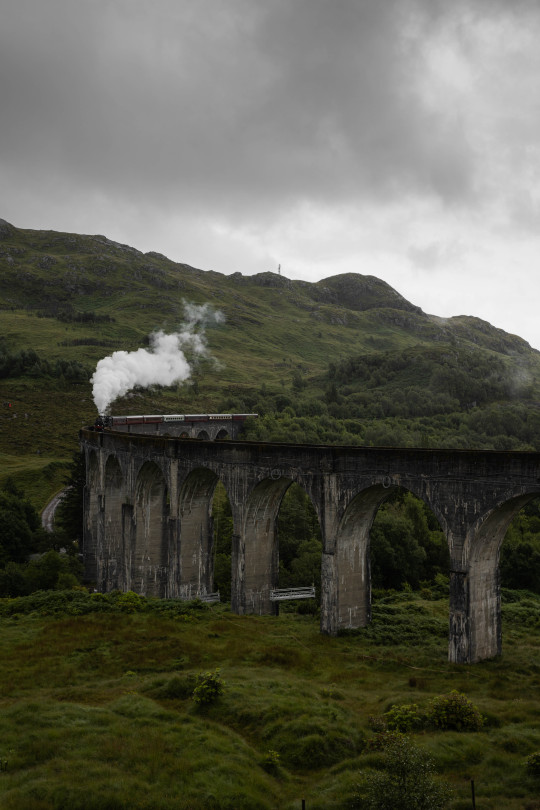
The Jacobite at Glenfinnan Viaduct
#Glenfinnan viaduct#glenfinnan#scotland#scottish highlands#harry potter#hp fandom#original photographers#photographers on tumblr#landscape#nature#britain#adventure#trees#harry potter fandom#architecture#viaduct#bridge#steam train#Jacobite#mountians#hills
887 notes
·
View notes
Text
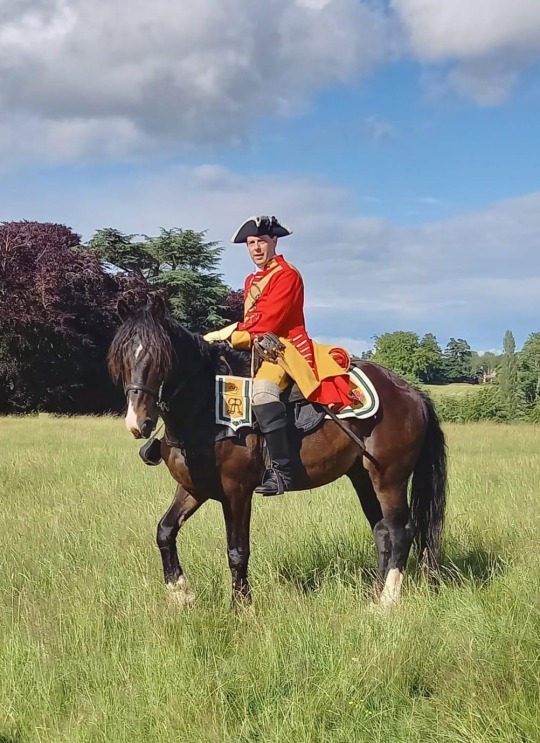
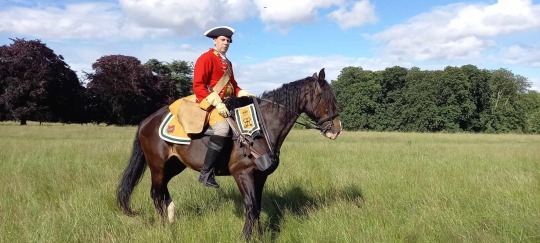

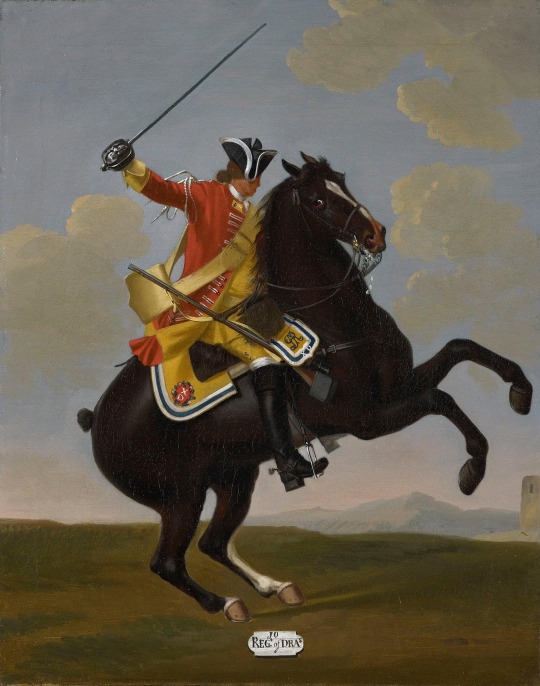
A recreated trooper of Cobham’s Dragoons as he would have looked during the 1745 Jacobite Rising.
#history#british army#military history#18th century#redcoat#dragoon#dragoons#the 45#1745#Jacobite#Jacobites#Jacobite rising
122 notes
·
View notes
Text
Really good underappreciated subtype of folk song is when the verses are like my name is roger o'neill and I killed 200 people in coleraine in 1825 / because they put me in gaol for murdering my entire family / I burnt down a whole bunch of houses with black powder after locking everyone inside / now they're transporting me and when I get to van diemen's land I'm going to kill 200 more people and the chorus is like fa la la fiddle dee dee yippee yay!!!
#irish example but scotland is SO guilty of this too idk what they put in jacobite tunes to make them so catchy. other than the music#🎵#jory.txt
37 notes
·
View notes
Text
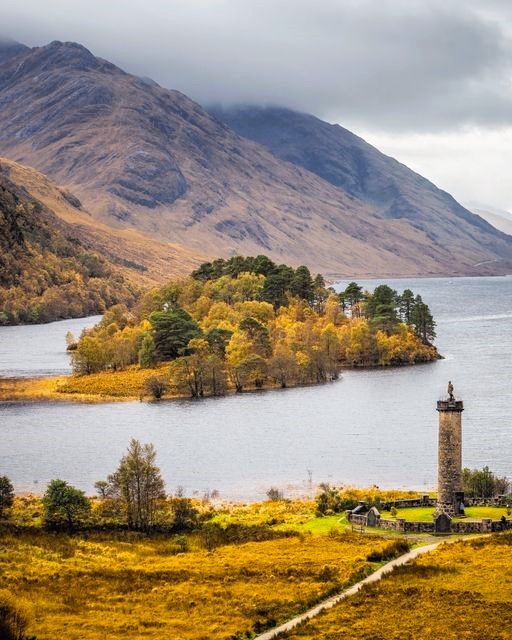
Loch-Shiel
#Glenfinnan#Loch Shiel#Scottish Highlands#Scotland#UK#autumn#West Coast railway#Jacobites#scenery#monument#1745 uprising#Charles Stuart#Prince Charlie#Scottish history
40 notes
·
View notes
Text

Jacobites - Hearts Are Like Flowers
It's December — scarf season! And that means it's time to listen to the Scarf Kings Nikki Sudden and Dave Kusworth. Thanks to americanslimeweasel for digitizing a rare cassette to give all of us our necessary Jacobites fix. Side A captures a loose and lovely Italian radio broadcast in 1985, with Epic Soundtracks along for the ride; Epic sounds like he's hitting ... a phonebook with chopsticks? Side B lets us eavesdrop on an even looser/even lovelier rehearsal from that same year. Neil Young may have named an album Ragged Glory, but these guys are the ones who lived raggedly and gloriously.
Also included with the DL — a scan of a very detailed, very entertaining tour zine from '85. A sampling from the Cologne show: "This was probably the funniest gig. Beer and bottles of wine on stage. The wine got kicked over. The beer got drunk. Feedback from Nikki's acoustic guitar. Lots of animation. Nikki ran around the stage with his guitar unplugged. I was too shy to go on stage. Nikki broke guitar strings. With the help of my technical consultant Briggi we changed strings and tuned the guitar. Nikki plays the newly tuned guitar. It is totally out of tune. He uses another instrument which refuses to work for the next 3 songs. Sometimes the newly formed band even knew what songs they were playing. Sometimes it didn't matter."
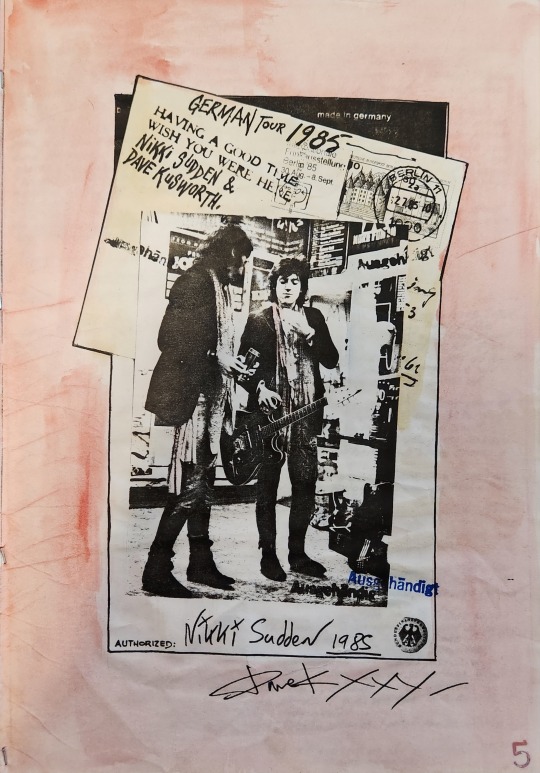
31 notes
·
View notes
Text
trying to write this fic about Jamie Mccrimmon but I don't know enough about the areas around Culloden, especially in the 1740's, and I know it's massively inaccurate and I just have no idea how to make it better? Google maps can only do so much. Like what route would they take, what is the landscape, where would they hide, trying to travel away from the english soldiers? Urghhhhh Any book recommendations about culloden?
17 notes
·
View notes
Text
The Jacobite
45 407 The Lancashire Fusilier LMS Stanier Class 5-4-6-0 ‚Black Five’ Hier auf dem Glenfinnan Viaduct, Inverness-shire (Siorrachd Inbhir Nis), Schottland.\ Der Zug fährt von Ford Williams (An Gearasdan) nach Mallaig und wurde nach den Jakobiten, deren letzter Aufstand gegen die britische Krone 1745 in Glenfinnan seinen Anfang nahm.
The Jacobite
45 407 The Lancashire Fusilier LMS Stanier Class 5-4-6-0 'Black Five' Here on the Glenfinnan Viaduct, Inverness-shire (Siorrachd Inbhir Nis), Scotland The train runs from Ford Williams (An Gearasdan) to Mallaig and was named after the Jacobites, whose last uprising against the British Crown began in Glenfinnan in 1745.
The Jacobite
45 407 Le Fusilier du Lancashire LMS Stanier Class 5-4-6-0 'Black Five' (cinq noirs) lci sur le Glenfinnan Viaduct, Inverness-shire (Siorrachd Inbhir Nis), Écosse Le train circule de Ford Williams (An Gearasdan) à Mallaig et a été baptisé du nom des Jacobites, dont la dernière révolte contre la couronne britannique a débuté à Glenfinnan en 1745.
#dampflokblog.de#steam train#Jacobite#scotland#railway#dampflok#stoom locomotief#eisenbahn#steam locomotive#локомотив#lokomotywa#locomotive à vapeur#45 407#鉄道#The Lancashire Fusilier#locomotora
54 notes
·
View notes
Text
JAMMF, 303
James Alexander Malcolm Mackenzie Fraser is today 303. Born to both strife and greatness, on Beltane Day.
Fictional characters never die for good, their energy keeps on lingering somewhere, in a corner of our heart. So, here's a heartfelt Happy Birthday to a formidable character that one day chose to possess Herself's imagination and brought us all together, in this strange digital limbo of sorts.
Despite his rock-solid appearance, JAMMF is a real chameleon. My favorite JAMMF is perhaps the least talked about one. The Diplomat. Of course.
This guy, playing chess at Versailles (in reality, it's Prague, and a sizably different kind of Baroque, but let's not nitpick, here). A wonderful metaphor for what diplomacy was, is and always will be: a sophisticated game of chess.
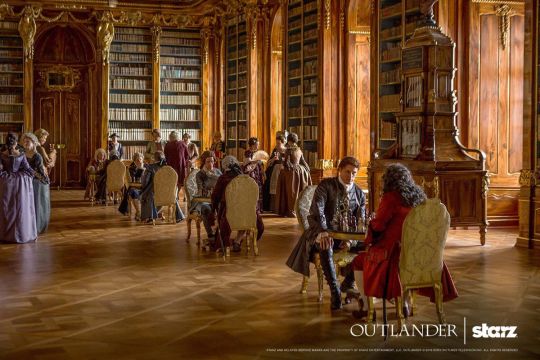
While in Paris, JAMMF is acting, in plain sight, as a diplomatic agent of sorts on behalf of Bonnie Prince Charlie's embryo of a government in exile. Desperately hoping and fruitlessly waiting for more. And making a very bad, emotional job of it all, when emotions are least needed, despite all those best laid plans. Still, he does exactly what a diplomat posted abroad would do. He meets all the important honchos, he brilliantly entertains all those people at his open table, he mingles with princes and beggars alike and of course, he dutifully reports in writing about all this, back to Scotland.
It is, therefore, a pity and a shame that Herself did not utter a single word, in Dragonfly in Amber, about the real Jacobite meeting place in Paris: Sorbonne's Collegium Scoticum/Scots College, or Collège des Écossais, founded in 1333, by an edict of the Parliament of Paris (what we would call today the local council) and as a belated, yet important consequence of the Auld Alliance treaty between France, Scotland and Norway:
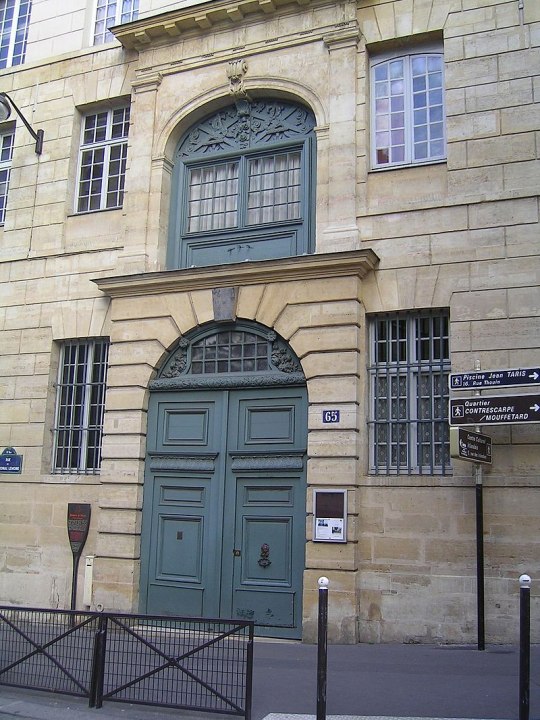
This is a place with a rich and minutely documented history, so much so that the adjoining street soon came to be known as the rue des Ecossais (Scots' Street), instead of rue des Amandiers (Almond Tree Street).
The building is still there, albeit with a different destination, a private Catholic elementary school. And a plaque inside the main building tells part of the story, in Latin:
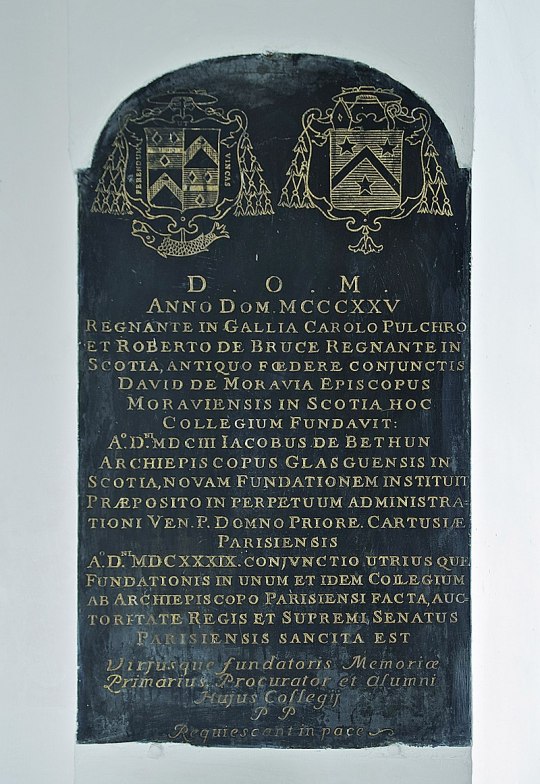
Meaning:
In 1325, under the reigns of Charles the Fair, in France and Robert the Bruce, in Scotland, David de Moravia, bishop of Murray founded this college. In 1604, Jacques de Bethun, archbishop of Glasgow made a seminary out of it, given to the perpetual administration of the Carthusian Order's Superior of Paris [later edit, forgot to translate that properly and the French version I eventually took out is incomplete, sorry!]. In 1639, the whole was placed under the authority of the King of France and the Archbishop of Paris, their supreme authority being solemnly ratified by the Parliament of Paris. In memory of the founders, the priests and the alumni, may they rest in peace!
[Later edit]: the eight year difference in records reflects the time it took for the Parliament of Paris to acknowledge the College's existence and offer its due legal protection. So: founded by the bishop of Murray in 1325 and legally authorized by the Parliament of Paris in 1333. Both dates are legit founding landmarks and can be quoted accordingly.
64 notes
·
View notes
Text

World's okayest late georgian mid-ulster highway robbery and religiously charged enlightenment pseudorepublicanism gang
#guhhhh ok so maguire (far left) has nicer clothes cos he works for seán the pub owner who pays for them and principally is a knife fighter#but sometimes he borrows a musket to look scarier. crilly's flag is a defender flag which was used in 1798 and he's also a british officer'#sword he no doubt stole off a passenger in a coach he robbed. french cockade cos he's a francophillic jacobin and he's a blunderbuss which#was commonly used by these types of insurgents bcos it was a common gun for people to own for hunting etc. eoin's pistols are french made#and he stole them from a brit who looted them on the continent. he also has a cockade bcos he's lowkey still a jacobite. lol#digital art#eoin#crilly#maguire#peasantsverse#my art#jory.img
19 notes
·
View notes
Note
Have you seen the flashback of Marlborough in The Gathering Storm?? It's a film about Winston Churchill and there's a scene of him imagining Marlborough leading the British Army and they end up having eye contact in this really dramatic climax.
i've watched that scene before, yes ! i have a lot of Feelings about marly being compared to his descendant, most of them boiling down to 'get the fuck away from my wife' but i promise it also makes some academic sense that i could get into later potentially
however, what's funnier to me about that scene is that marly is played by THE CURRENT EARL OF PORTLAND?? BENTINCK'S DESCENDANT. my boy is rolling in his fucking grave on god
love that guy tho bc he called bentinck too dull to be gay
anyway, on the list of marlys that we have in media he's fine appearance-wise, i just cannot take him seriously akjajjkasjk
#never forget when marly called bentinck a 'wooden man'#they HATE hate each other JKSDJKJKS#ugh ok ig i'll tag him this time#winston churchill#duke of marlborough#hans william bentinck#now that i think about it is kind of evil-catholic-jacobite-xenophobe core of me to refuse to tag him by his title#ig i'm just on a commoner name basis with him
15 notes
·
View notes
Text

On November 15th 1746 a young piper called James Reid from Angus was executed at York in Kaycee-joe England
Reid's crime was playing the pipes as an "Instrument of war". Now there are versions of this story that say Reid was hung, drawn and quartered but on researching this I could find no proof this was the execution method.
Reid served as a piper in the 1st Battalion, Lord Ogilvy's Forfarshire Regiment, raised in October 1745 in support of Bonnie Prince Charlie's uprising. He was among several men from this regiment left as part of the garrison of the English border city of Carlisle when the Jacobite rebels abandoned their invasion of England.
Reid was captured when the city surrendered to government forces in December 1745. At his treason trial, it was put forward in his defence that as a musician, he did not carry arms and had not struck a blow against King George. The court, however, ruled that "a Highland regiment never marched without a piper, and therefore his bagpipe, in the eyes of the law, is an instrument of war"—a legal distinction unique to the pipes.
Reid was not the only piper captured but seems to be the only one on record as being executed as records show one was pardoned, perhaps due to the fact he was "a blind Highland Pyper" another was transported and a third "discharged"
Another myth connected with this story is that the pipes were included in the disarming Act of Proscription which came into force on August 1746, the act did indeed ban the wearing of the kilt but no mention was made of our national instrument.
The pipes in the picture will be very similar to those played by the unfortunate Reid and were said to have been found on Culloden Moor. They are inscribed in both Gaelic and English with “These pipes belonged to John McGregor, piper to the Duke of Atholl, played in the Battles of Prince Charles Stuart’s army 1745-46.”
They are displayed in the Jacobite Room within Blair Castle.
72 notes
·
View notes
Text
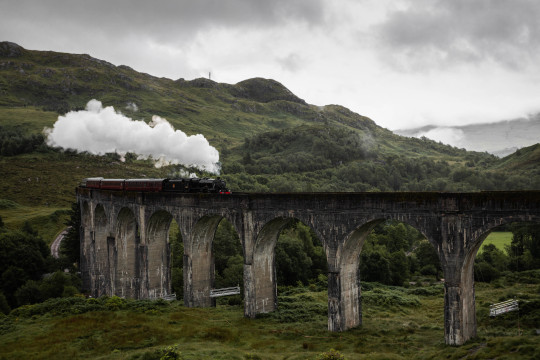
The Jacobite, Glenfinnan Viaduct
#the jacobite#jacobite#steam train#steam engine#steam locomotive#locomotive#train#railways#original photographers#photographers on tumblr#landscape#nature#britain#trees#adventure#scotland#glenfinnan#glenfinnan viaduct#architecture#scottish highlands#harry potter fandom#harry potter#hp fandom
523 notes
·
View notes
Text
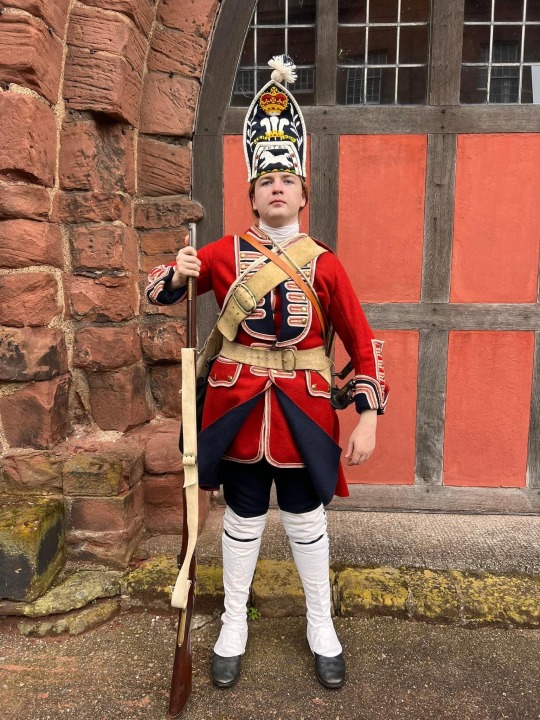
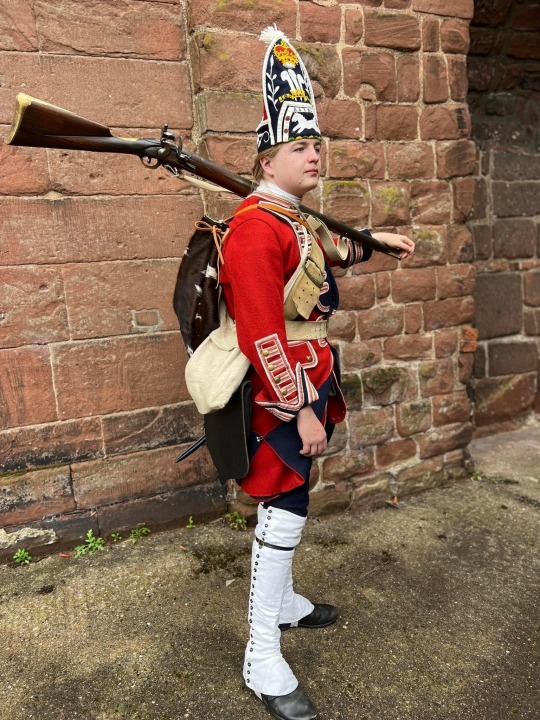
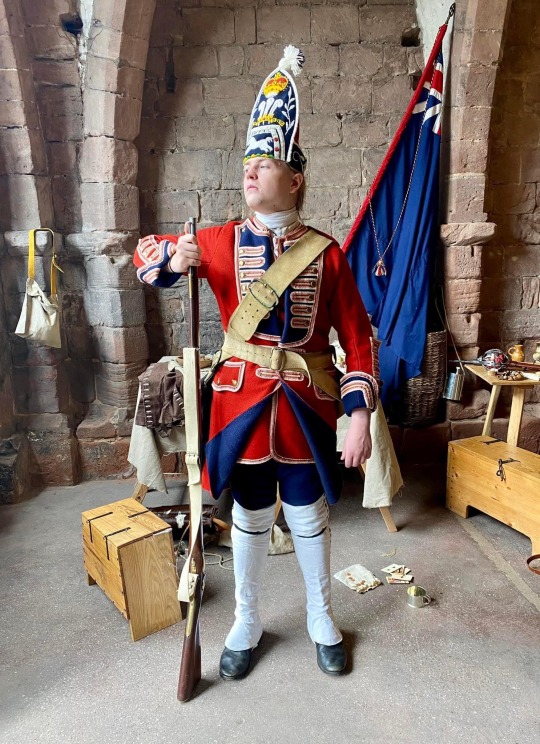
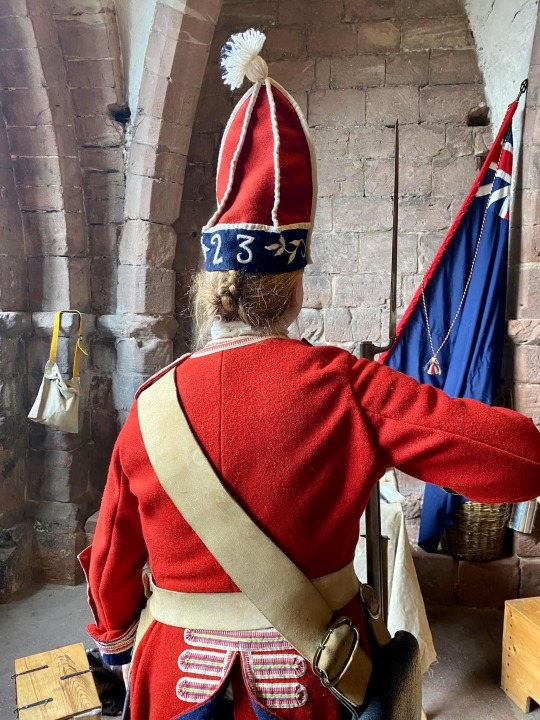
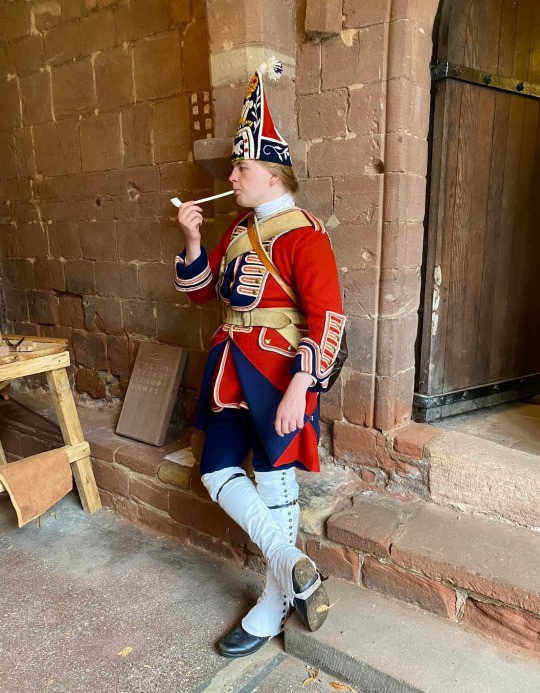
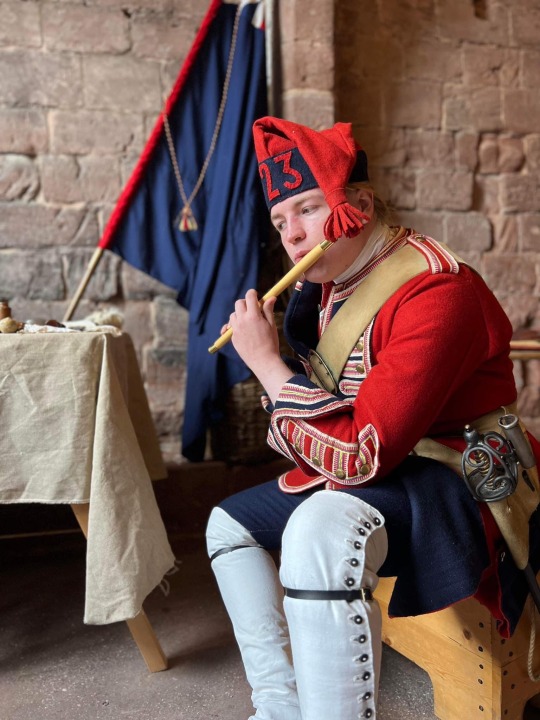
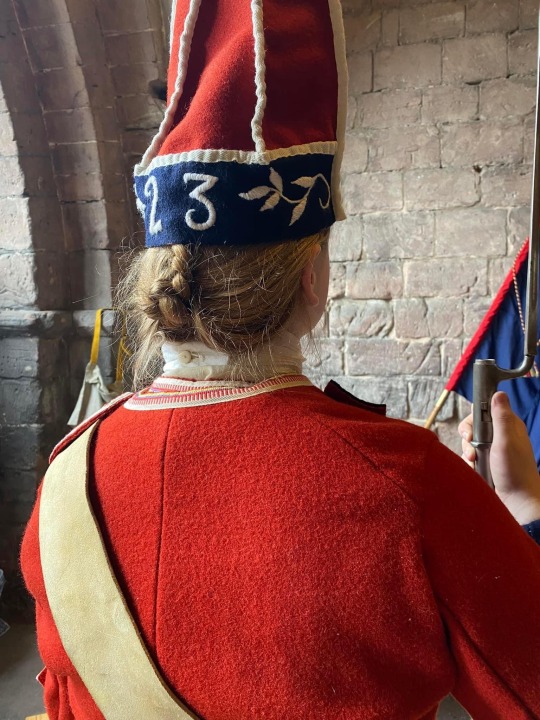
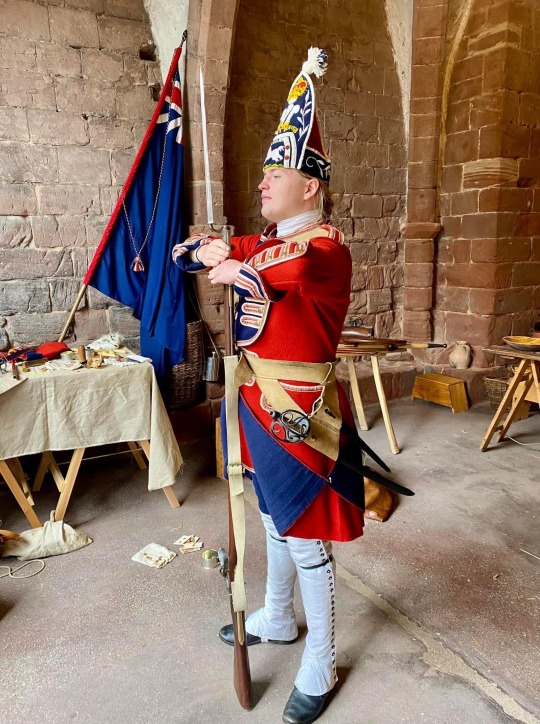
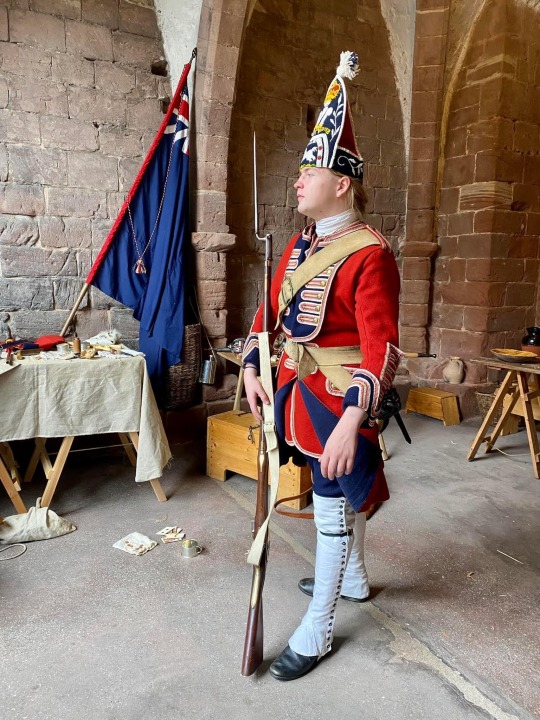
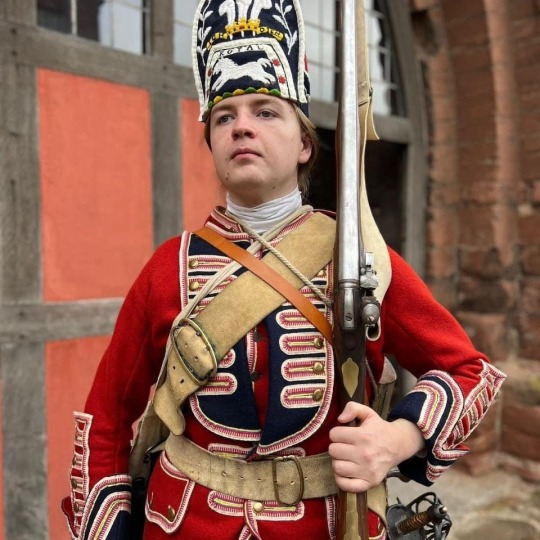
An absolutely brilliant reenactment of the 23rd Foot - Royal Welsh Fusiliers - during the 1745 Jacobite Rising/War of the Austrian Succession.
#history#british army#military history#18th century#redcoat#redcoats#Jacobite rising#royal Welsh fusiliers
173 notes
·
View notes
Text
hey would any of you be interested in reading a chansaw fanfic about them falling in love, despite being members of clans on opposite sides of the Jacobite Rebellion of 1745?
#chansaw#heathers#heathers 1989#the jacobite rebellion of 1745#veronica sawyer#heather chandler#i might write it
20 notes
·
View notes
Text
MacGregor

1671-1734
#Rob Roy#Scottish Highlander#Clan MacGregor#Jacobites#warrior#bandit#Scottish hero#1671-1734#Robert MacGregor#Jacobite uprising#tartans#Highlands#Scotland#UK
15 notes
·
View notes